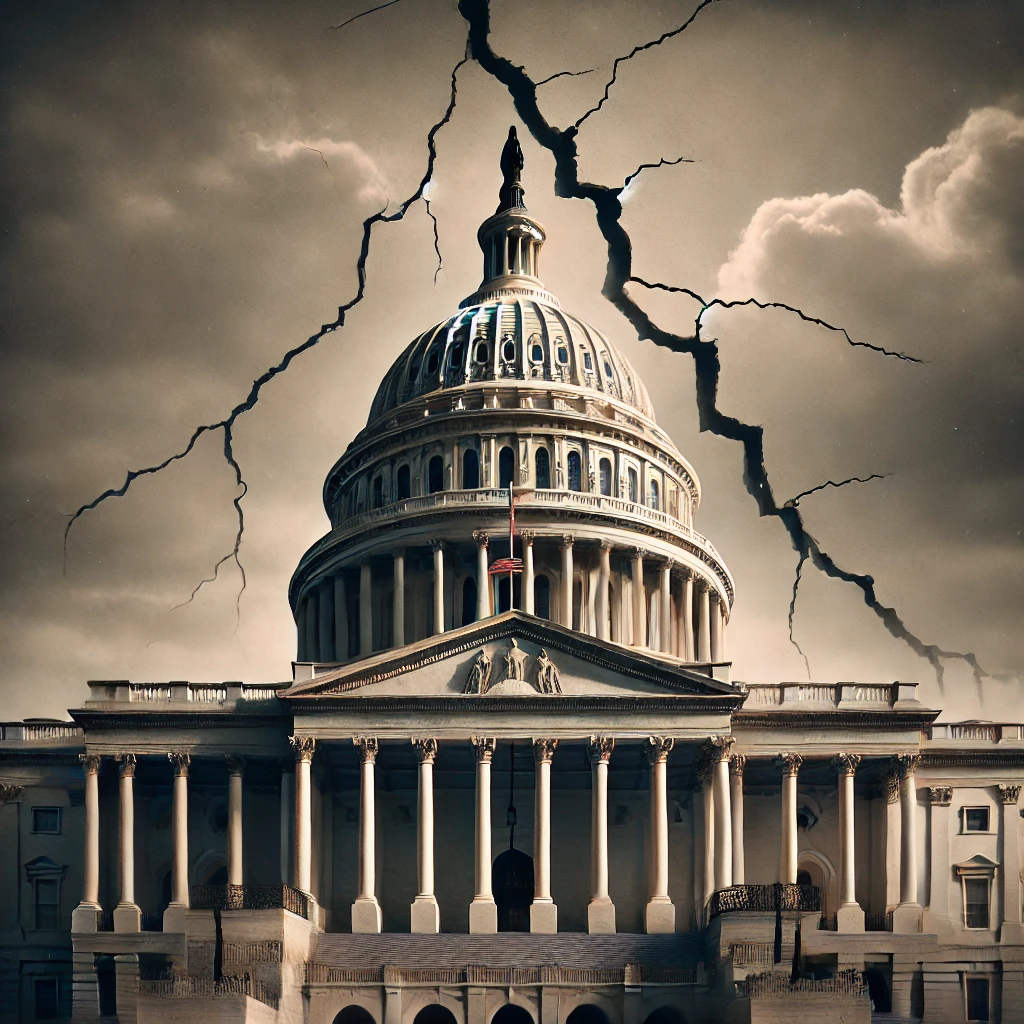The Echo of an Apocryphal Warning
A quote—often misattributed to figures like Alexander Fraser Tytler—sums up a stark reality: “A democracy cannot exist as a permanent form of government. It can only last until the voters discover they can vote themselves largesse from the public treasury.” Though its origins are murky, the sentiment resonates today as American voters, influenced by short-term financial incentives, seem less focused on the nation’s long-term well-being.

Elections Driven by Economic Handouts
Once rare emergency measures, stimulus checks have become political currency. When a president’s brand becomes linked to the distribution of government money—such as Donald Trump’s name appearing on the COVID-19 relief checks in 2020—voters grow accustomed to direct payouts. This shift hints at a troubling dynamic: elections evolving into referendums on who can offer more immediate cash rather than who can craft sustainable policies.
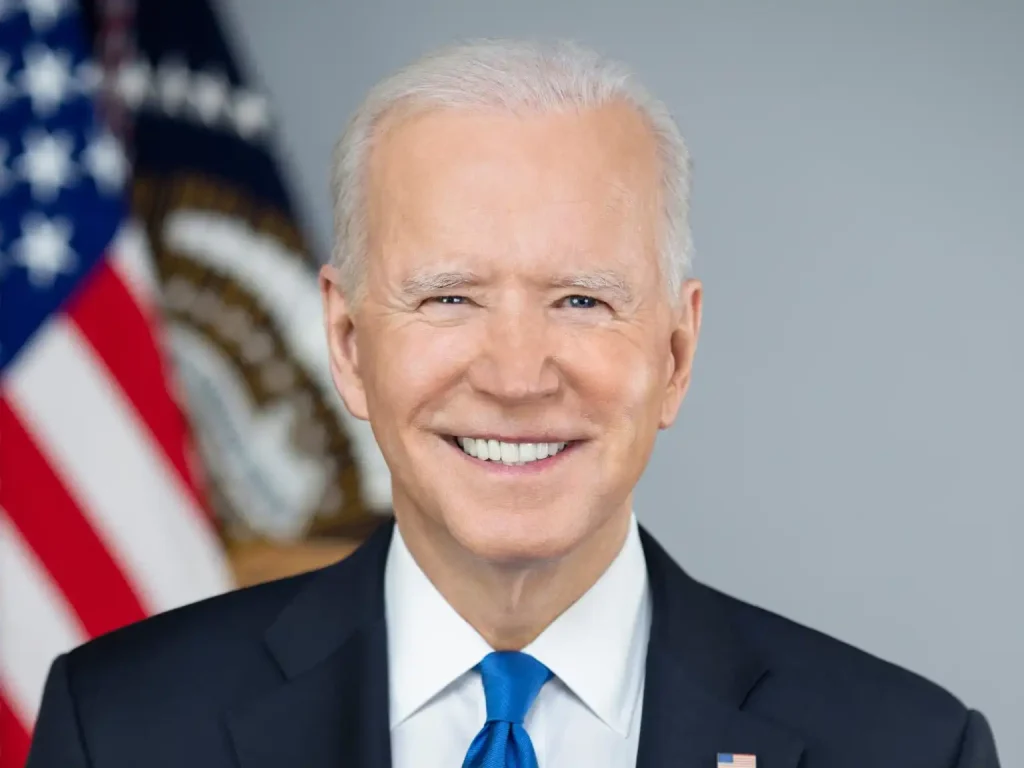
Leaders Regretting Missed Opportunities to Self-Brand
In December 2024, Joe Biden admitted at the Brookings Institute that it was “stupid” not to have placed his own signature on the 2021 stimulus checks—just as Trump did earlier. This candid regret underscores how deeply entrenched the notion of “personal credit” has become. Instead of championing complex reforms or forward-looking plans, leaders lament missing out on a PR advantage tied to simple, short-term giveaways.
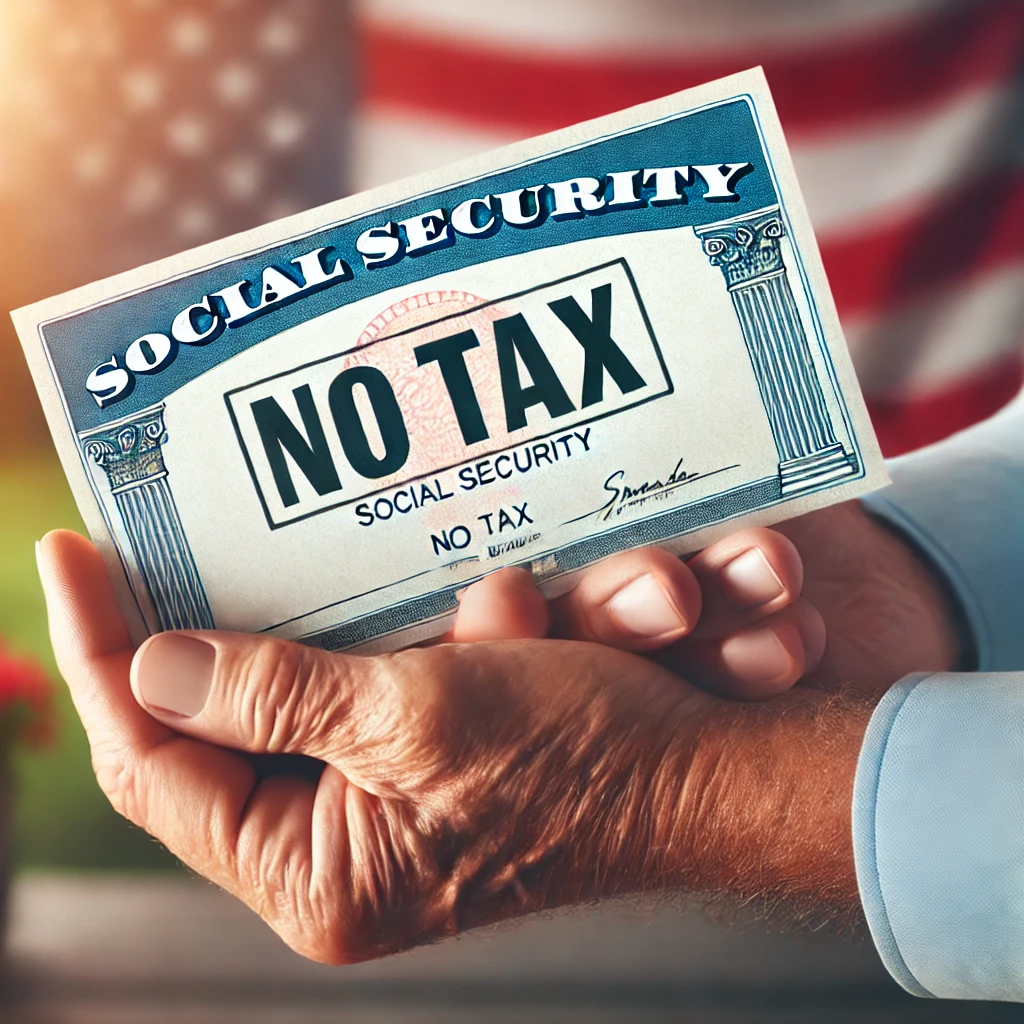
Voters’ Short-Term Memory
Voter attention spans are shrinking, shifting away from policy nuance and long-term growth strategies. Instead, citizens gravitate toward whoever provides the most immediate economic relief. Trumps proposal to do away with taxes on tips and social security being prime examples. This trend erodes the deliberative process—a core tenet of democracy—and encourages politicians to think only as far as the next election cycle.

Inflation as an Afterthought
The American Rescue Plan’s $1,400 checks offered immediate relief but also set off inflationary pressures. As prices climbed, the short-lived satisfaction of direct payments gave way to lingering economic pain. Still, the electorate’s focus on the immediate “hit” of relief made it easier for leaders to avoid tough, long-term solutions. Democracy falters when balancing the budget and controlling inflation take a back seat to political expediency.
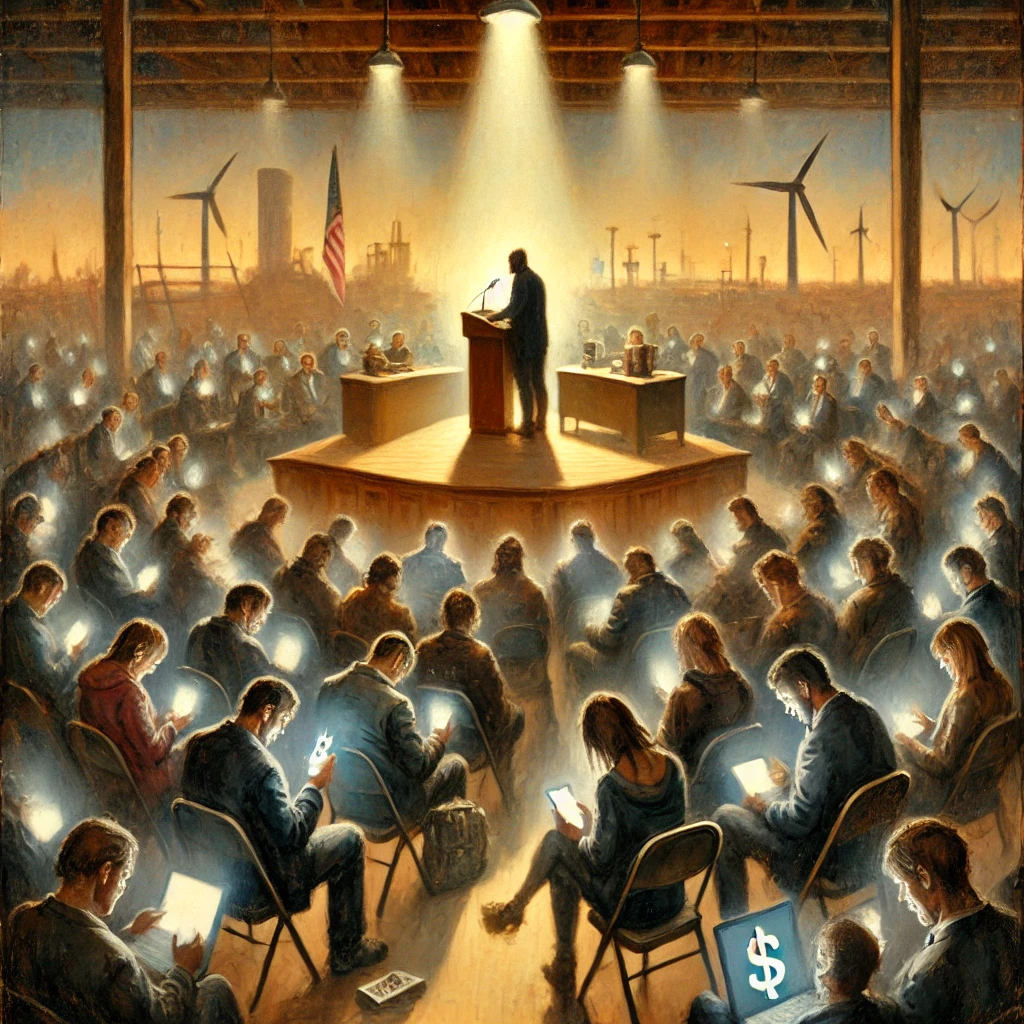
Curtailing Critical Debate
With the spotlight on instant gratification, debates about foreign policy, infrastructure, and climate resilience lose their luster. A fully functioning democracy relies on an informed electorate capable of weighing complex costs and benefits. When voters prioritize pocketbook boosts today over strategic planning tomorrow, meaningful discourse—and the search for genuine solutions—diminishes.
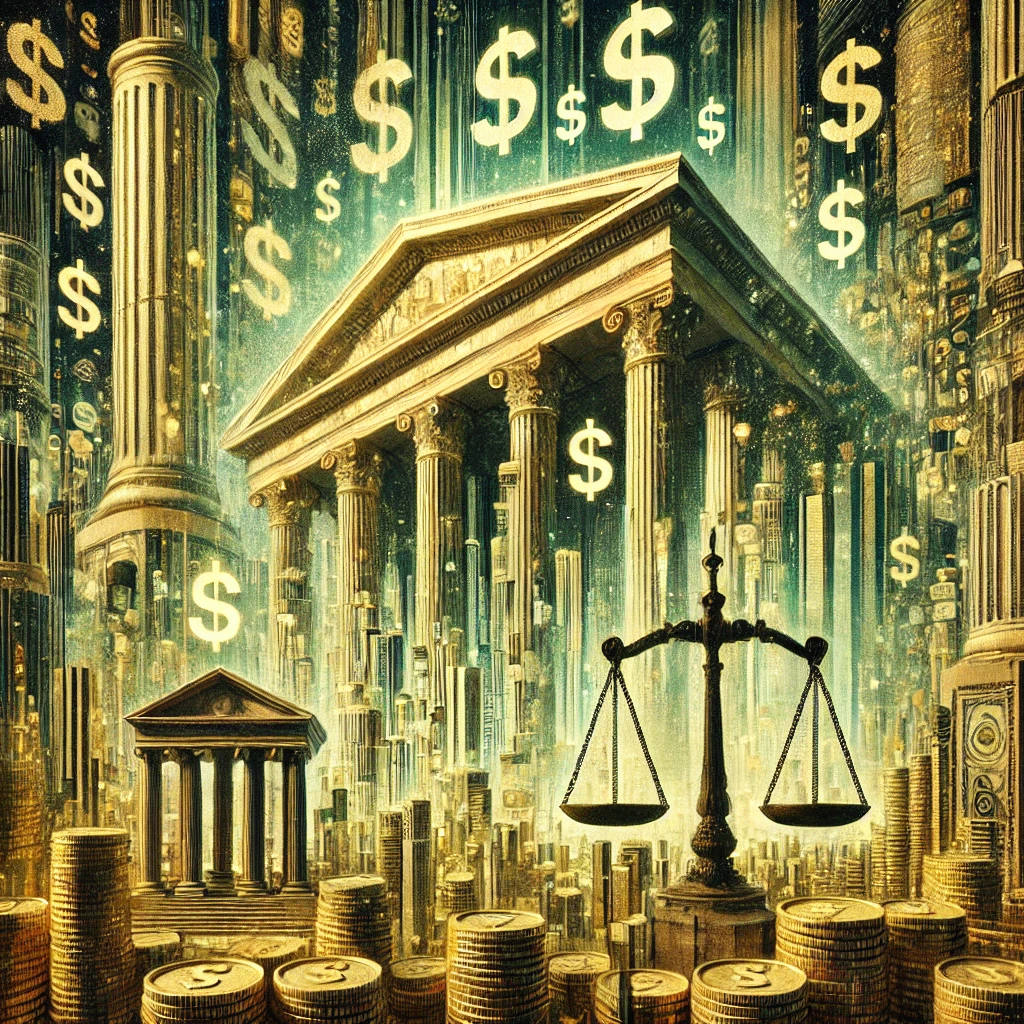
The Weakening of Institutional Trust
As leaders pivot from creating stable institutions to handing out quick financial wins, public faith in democracy’s guardrails erodes. Agencies, courts, and regulatory bodies designed to maintain fairness and accountability become overshadowed by the allure of fast money. Democracy can’t survive when trust in the system gives way to demands for immediate personal gain.
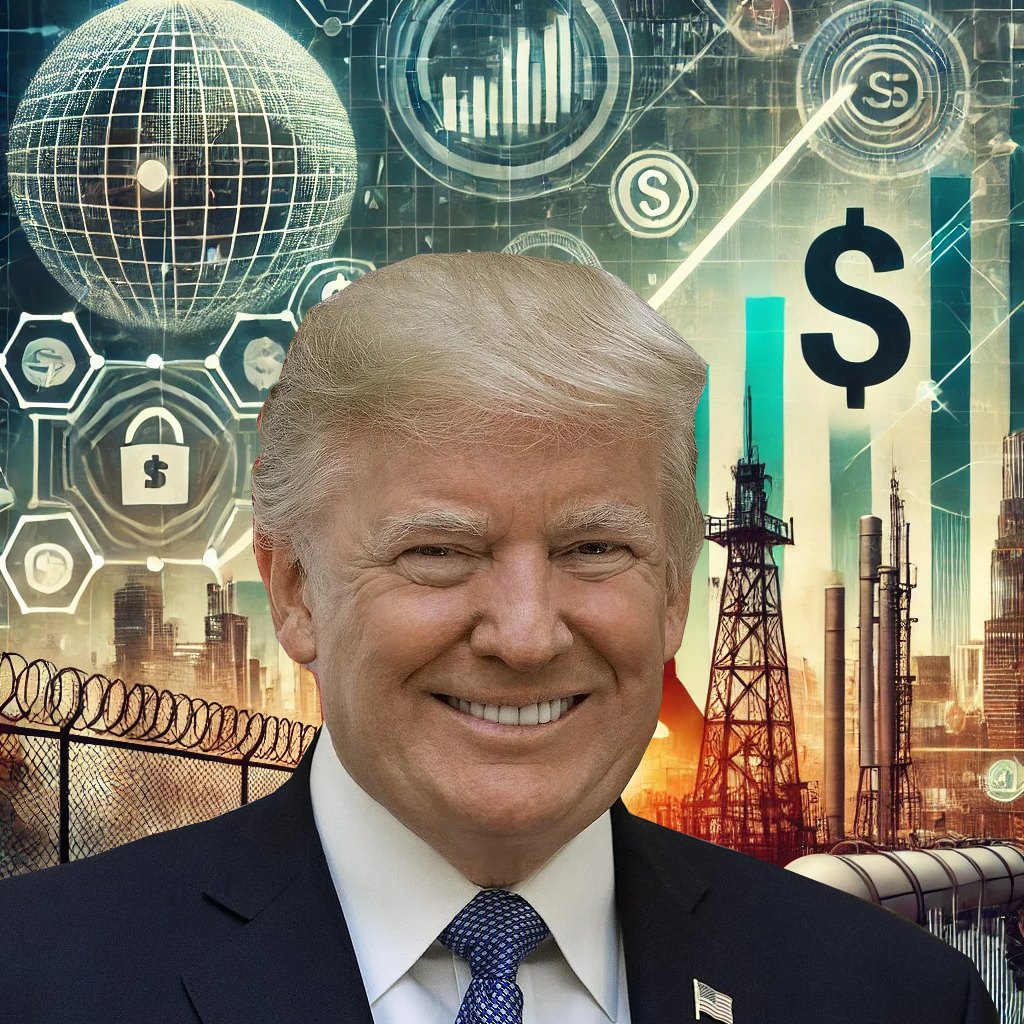
Unstable Electoral Legitimacy
The shift from policy-based elections to personality-driven check-signing undercuts the legitimacy of elected officials. Trump’s return to office in 2024, supported by those longing for another round of perceived prosperity, signals a drifting standard for what constitutes genuine leadership. Elections once grounded in ideas and vision risk turning into popularity contests centered on short-term enrichment.
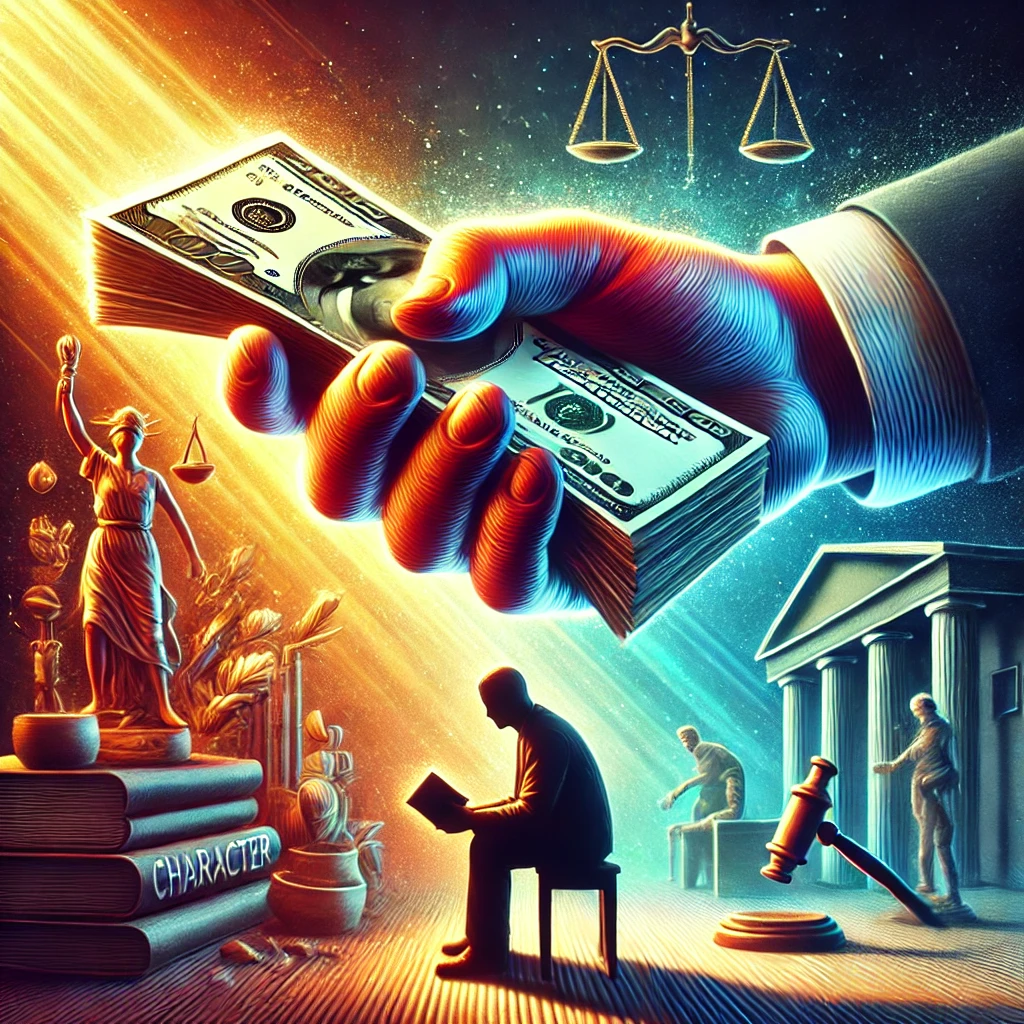
A Democracy on Autopilot
When financial largesse sets the tempo of civic life, participation becomes transactional. Citizens vote not because they believe in democratic principles, but because they expect more immediate benefits. This approach erodes the foundational idea that democracy is about shared governance, compromise, and collective growth—replacing it with a race to the bottom where cash on hand outranks character or competence.
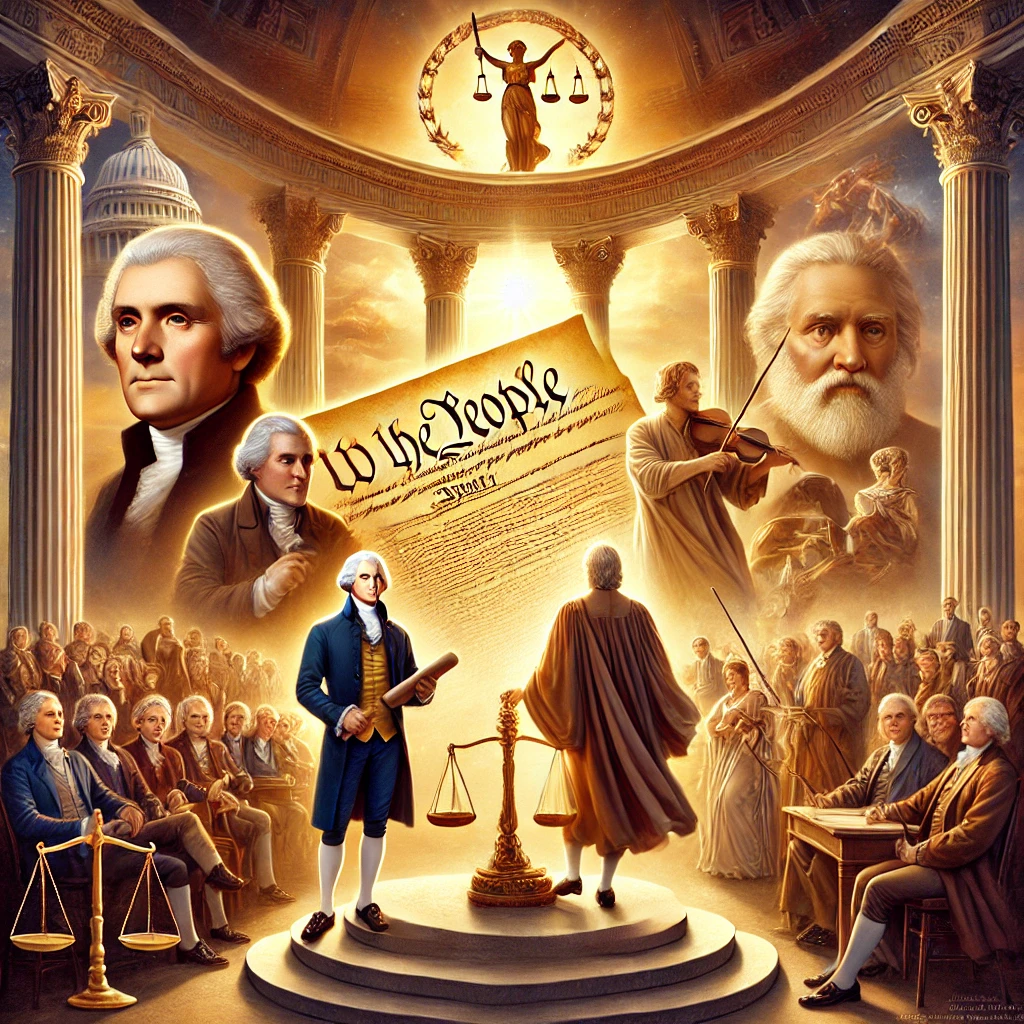
Falling Short of the Founders’ Vision
America’s founders envisioned a republic sustained by informed, engaged citizens, guided by reason and virtue. Today’s environment—where leaders lament not stamping their name on stimulus checks and voters fixate on who delivers the most dollars—suggests a departure from that ideal. Without refocusing on long-term prosperity and civic responsibility, the country may drift into the very fate warned about in that once-obscure, now hauntingly prescient quote.
This article reflects the opinion of the author only.

